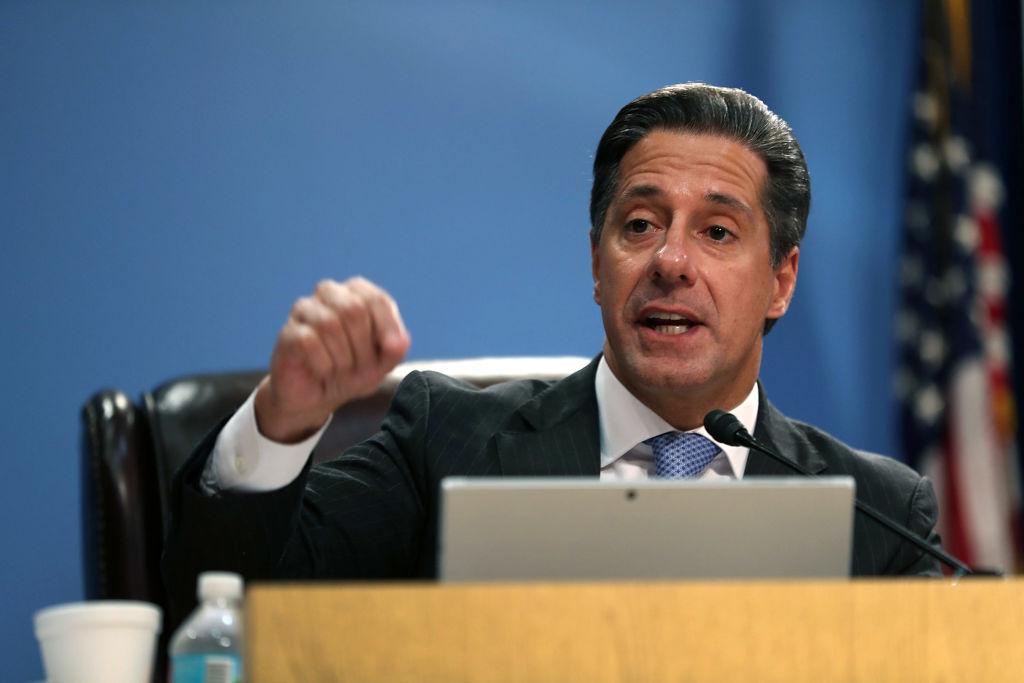LOS ANGELES—An analysis of stolen Los Angeles Unified School District (LAUSD) data posted on the dark web by a criminal hacking syndicate showed no evidence that the cyberattack accessed sensitive student or staff personal data, the district superintendent said Monday, Oct. 3, adding the attack appears to have been “even more limited than we originally anticipated.”
Superintendent Alberto Carvalho acknowledged continued uneasiness among district parents and employees, one day after an apparently Russia-based hacking organization posted an array of stolen LAUSD data on the dark web. The posting came ahead of a previously announced Oct. 3 deadline the hacking group gave the district to pay an unspecified ransom it had demanded.





